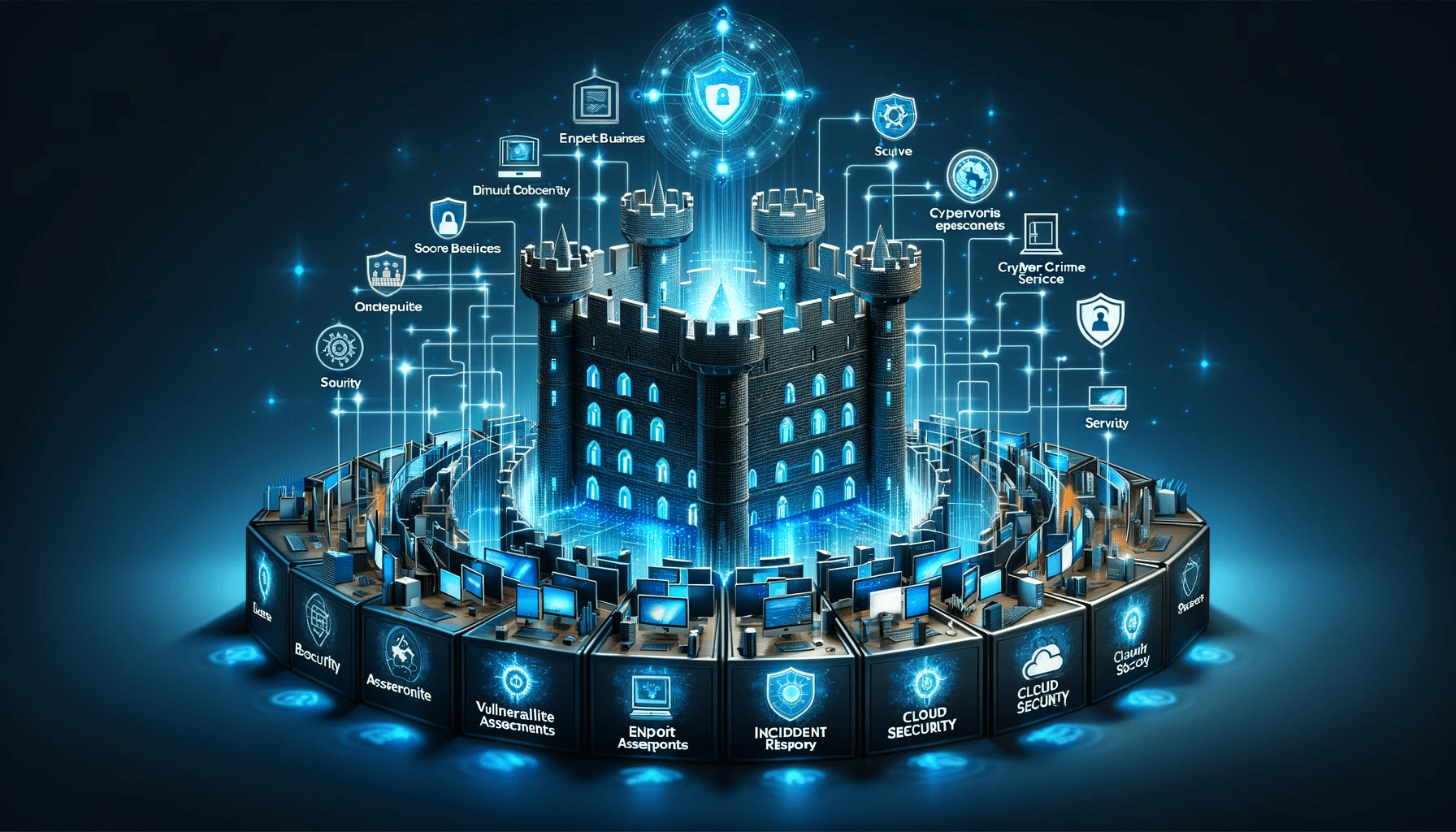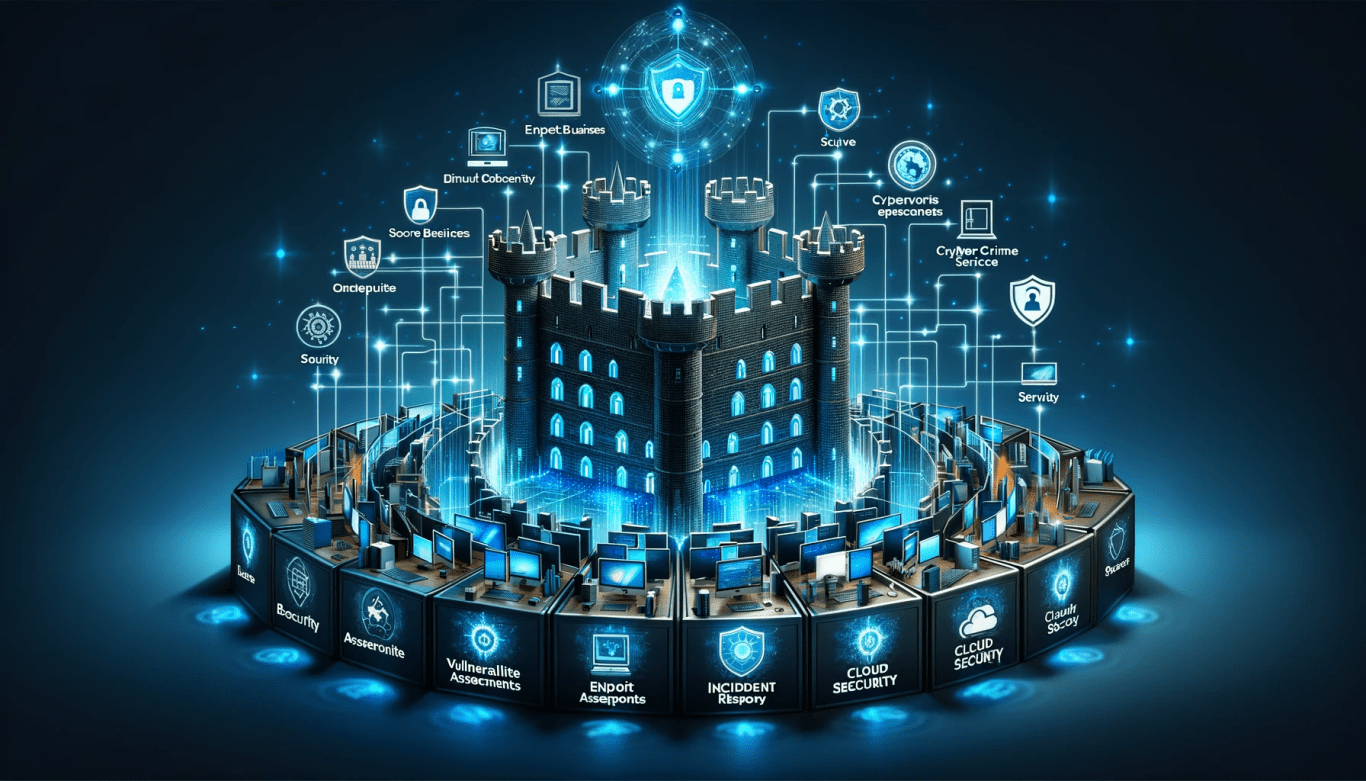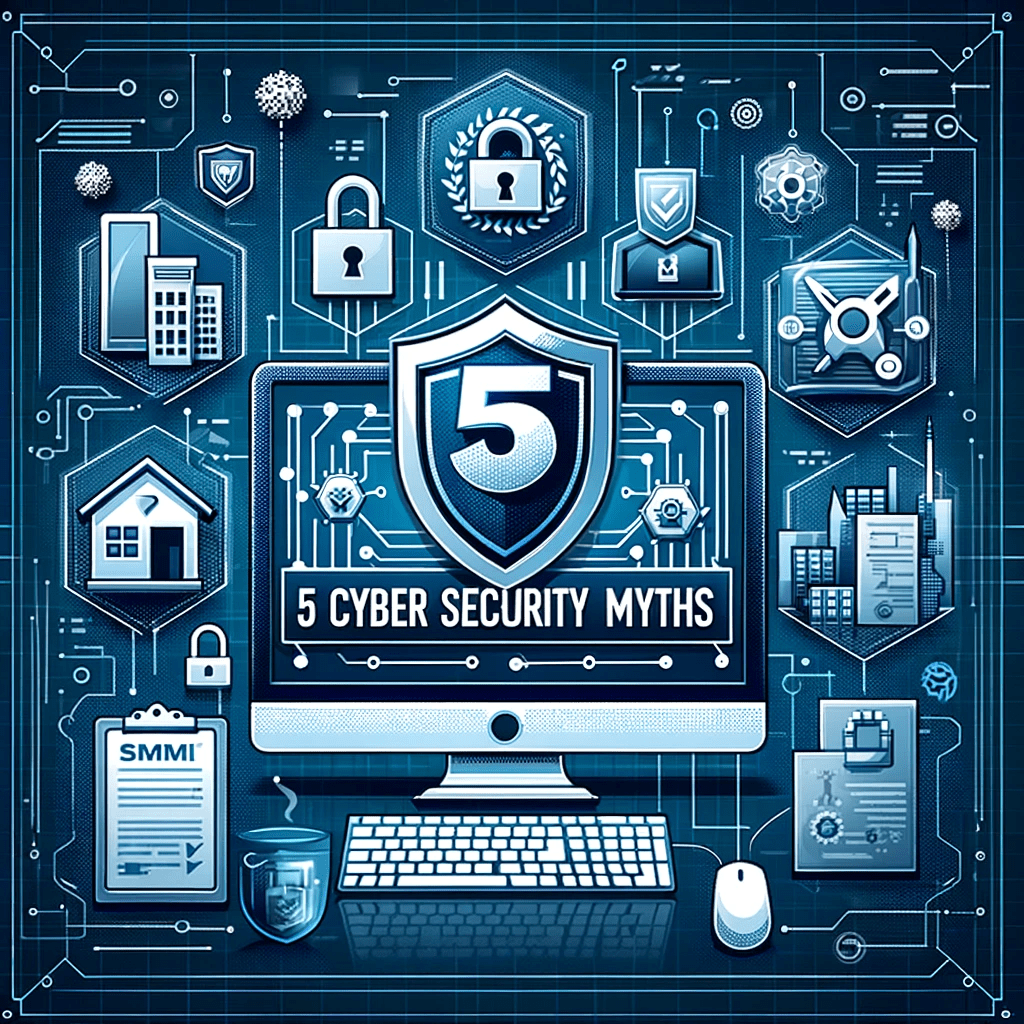Secure Access for Healthcare: Solving the Industry’s Biggest Challenges

In today’s digital-first world, healthcare organizations are facing unprecedented security and efficiency challenges. With sensitive patient data at risk and operational inefficiencies mounting, the stakes couldn’t be higher. That’s where Danush Secure Access Hub (SAH) steps in.
Problem: Healthcare’s Growing Access and Security Issues
Healthcare organizations are under siege from a barrage of challenges, including:
- Data Breaches: Cybercriminals target patient data, exposing organizations to fines, lawsuits, and reputational harm.
- Disjointed Systems: Doctors, nurses, and administrators often juggle multiple platforms, leading to inefficiencies that delay patient care.
- Evolving Compliance Standards: With regulations like HIPAA and GDPR growing more complex, healthcare providers struggle to stay compliant.
- Remote and Vendor Access: Telemedicine and third-party vendor systems open up vulnerabilities in security.
The Costs of Ignoring These Problems
Failure to address these challenges can lead to disastrous outcomes:
- Massive Financial Losses: Recovering from a data breach costs millions. Regulatory fines only add to the burden.
- Reduced Patient Trust: A single breach can destroy years of goodwill, as patients worry their private health data isn’t safe.
- Operational Chaos: Inefficient workflows mean healthcare providers spend more time managing systems than caring for patients.
- Accelerating Threat Landscape: Cyber threats are growing more sophisticated daily, and traditional systems can’t keep up.
Consider this:
- Healthcare experiences 53% more data breaches than other industries.
- 40% of healthcare IT time is wasted on routine access management tasks that could be automated.
Can your organization afford to stay unprotected and inefficient?
Solution: Danush Secure Access Hub (SAH)
At Danush, we believe in simplifying IT to empower healthcare organizations. Danush Secure Access Hub (SAH) is your comprehensive solution for secure, efficient access management.
Here’s how SAH makes a difference:
- Centralized Access Management
- A unified platform for all users, applications, and systems, accessible securely anytime, anywhere.
- Role-Based Access Controls
- Ensure only authorized individuals have access to sensitive information, reducing breach risks by 99%.
- Compliance Made Easy
- Built-in features to support evolving regulations like HIPAA, helping you avoid costly penalties.
- Secure Telemedicine and Vendor Access
- Advanced encryption and multi-factor authentication safeguard remote and third-party connections.
- Enhanced Workflow Efficiency
Streamline operations, allowing healthcare providers to focus on what matters most—patient care.
What Makes SAH Unique?
- 99% Patient Data Protection: Robust security measures to keep sensitive data safe.
- 85% Operational Efficiency: Simplified workflows reduce delays and boost productivity.
- 60% Reduction in IT Workload: Free up your IT team to focus on strategic initiatives.
- Improved Patient Outcomes: Faster, more efficient access to systems directly enhances care quality.
Conclusion: Secure Your Healthcare Future Today
Healthcare security and operational challenges aren’t going away—they’re only intensifying. With Danush Secure Access Hub, you can protect your patients, streamline your workflows, and stay ahead of evolving regulations.
Ready to take the next step?
- Schedule a Demo to see SAH in action.
- Contact Us to discuss your organization’s unique needs.
- Visit www.dhanush.com to explore more about how we’re “Making IT Simple.”









